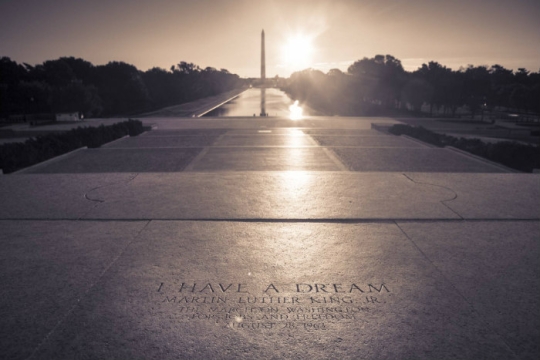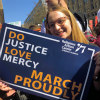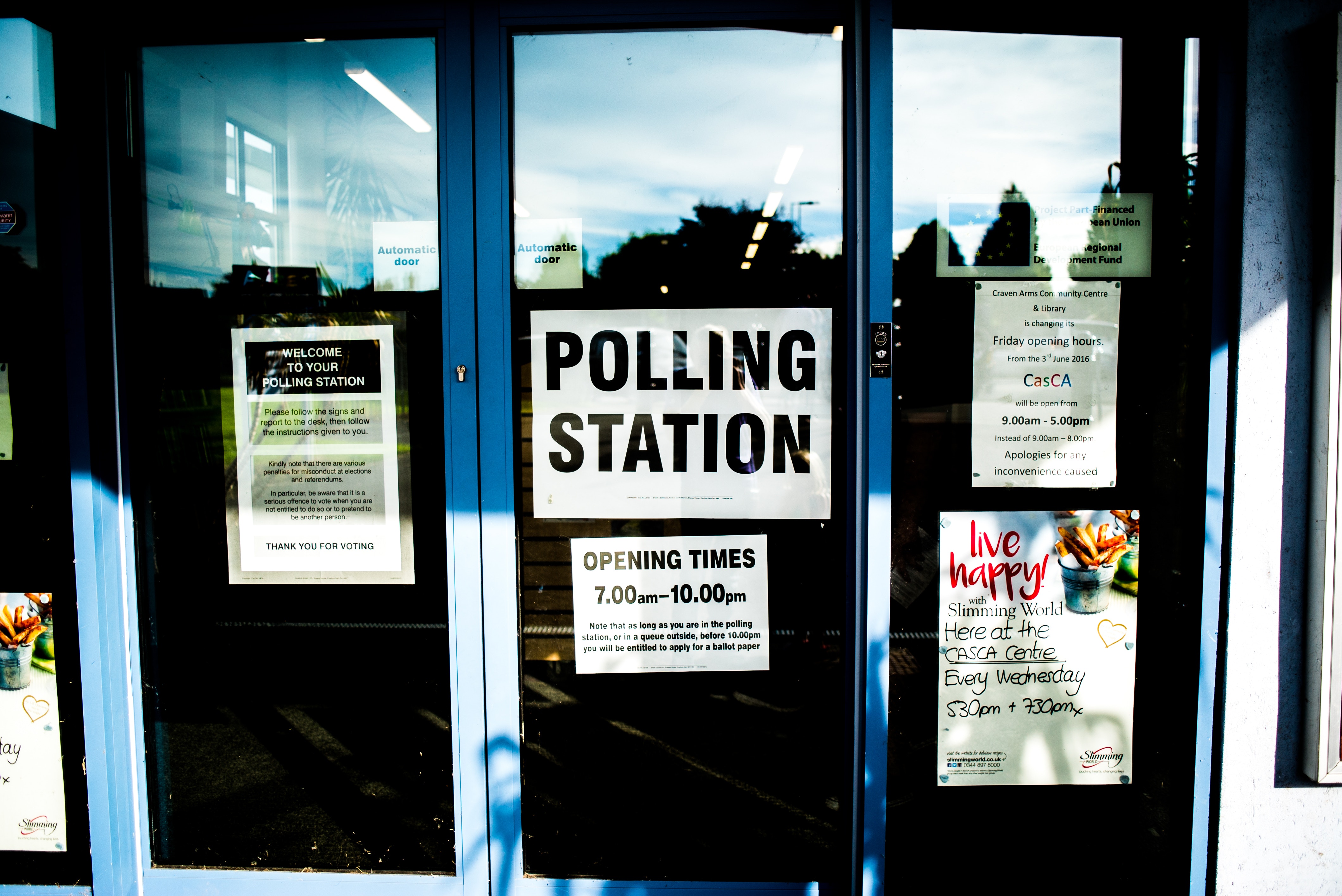
The High Holidays invite us to initiate both personal and communal change. During the ten Days of Awe between Rosh Hashanah and Yom Kippur, we reflect on our own choices as well as the actions of our broader community. Most of the prayers we recite asking for forgiveness, like the Viddui and the Ashamnu, are written in the first-person plural. These prayers remind us that we are part of a community and responsible for shaping a collective future – hopefully one that advances the well-being of all its members. We are taught, “all of Israel is responsible for each other” (Shevuot 39a).
This year, the High Holidays fall about a month and a half before the 2018 midterm elections, providing another opportunity for our community to reflect on the past year and make decisions about our shared future.
As Rabbi Joel Mosbacher of Temple Sharaay Tefila in New York City wrote,
“Voting is about optimism and hope, about envisioning a world more whole and committing to enact that vision, and about seeing ourselves as partners with God in the ongoing work of creation.”
With just a few days between now and Rosh Hashanah, there is still time to incorporate nonpartisan civic engagement into your High Holidays observance. Check out these five civic engagement ideas and share them with your congregation, community, or family:
1. Research shows that people are more likely to vote if they have publicly pledged to do so. While we pledge as a community to do better by one another in the year to come, take a moment to pledge to positively impact your community through voting. Download and print these voter pledge cards, which can be handed out before services or tucked inside prayer books, and encourage your congregants to fill them out. Collect them at the end of services and drop them in the mail two weeks before the election to hold everyone accountable to their pledge. For more information on how to use voter pledge cards, check out the RAC’s guide.
2. Use these Jewish text study resources on civic engagement during Rosh Hashanah or Yom Kippur learning sessions to start a conversation about the importance of voting. If you live in a state where the Reform Movement is supporting a ballot initiative – California, Ohio, Florida, Massachusetts, or Washington – you can also use the RAC’s fact sheets to discuss affordable housing, criminal justice reform, voting rights, or transgender rights in your state.
3. During the ten Days of Awe between Rosh Hashanah and Yom Kippur, check in with at least one friend or family member each day to ask if they’re registered to vote. In most states, the deadline to register to vote in the midterm election is in early-to-mid October, making the High Holidays the perfect time to ensure everyone is prepared to cast their ballot on Election Day.
4. Suggest that your congregation or community offer a communal aliyah during the Rosh Hashanah or Yom Kippur Torah service for all the first-time voters to honor their new participation in our democracy and inspire others to get out and vote. Consider offering this prayer of gratitude for our freedom, which comes from Nissim B’chol Yom, our blessings for daily miracles:
Baruch atah Adonai, eloheinu melech ha’olam, she’assanu b’nei chorin.
Praise to You, Adonai our God, Sovereign of the Universe, who has made us to be free.
This daily blessing is an affirmation of our freedom, reminding us to never take for granted this precious gift. The freedom to vote in free and democratic elections is also a precious gift not to be taken for granted or ignored. When we speak these words of blessing in the voting booth, we thank God for making us a free people, able to participate in the sacred rite of voting.
5. On Yom Kippur, we recite the al chet, a litany of sins and transgressions for which we repent communally. Many people choose to adapt this powerful prayer into a list of contemporary societal sins, as Rabbi Jonah Dov Pesner did in his remarks before the March for Our Lives that outlined our sins related to gun violence. Consider what would make up your “modern al chet” – what sins and wrongdoings would you like to see our community do better on in the coming year? Looking at your list, which candidates or ballot initiatives could you support that align with your vision for the coming year? Keep your list to bring with you when you cast your ballot, so you can hold yourself accountable to creating the kind of community you want to be a part of in the year to come.
For more ideas and resources on how to bring civic engagement to your congregation or Jewish community, visit www.rac.org/CivicEngagement.
Related Posts
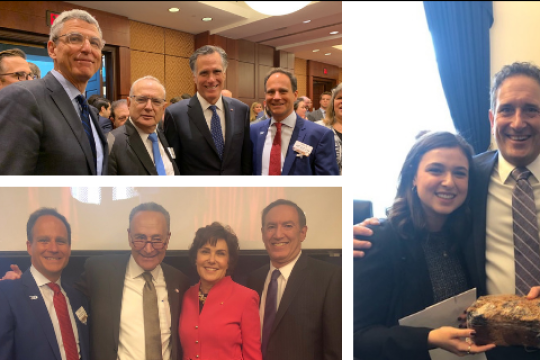
RAC Legislative Priorities for the 117th Congress
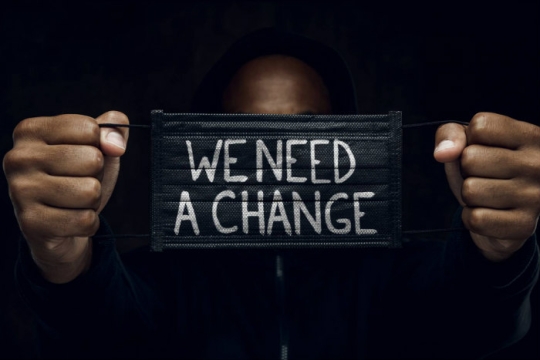
Justice, Justice Shall We Pursue: Resources for Action after the Capitol Insurrection
